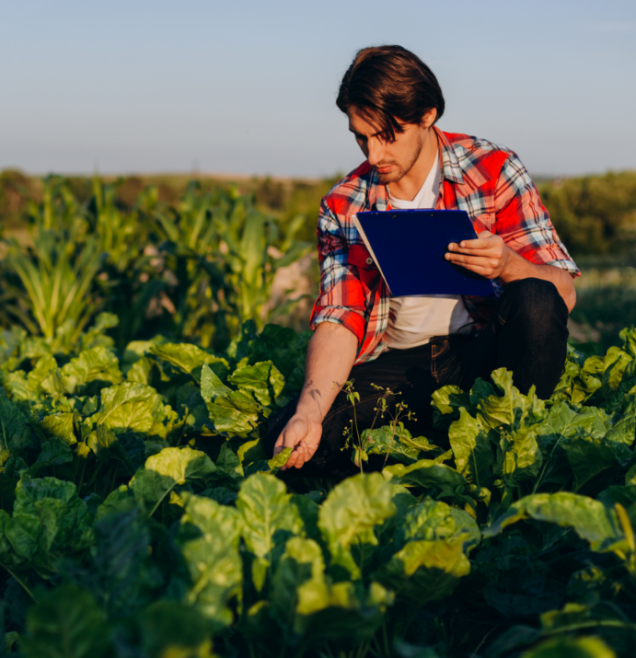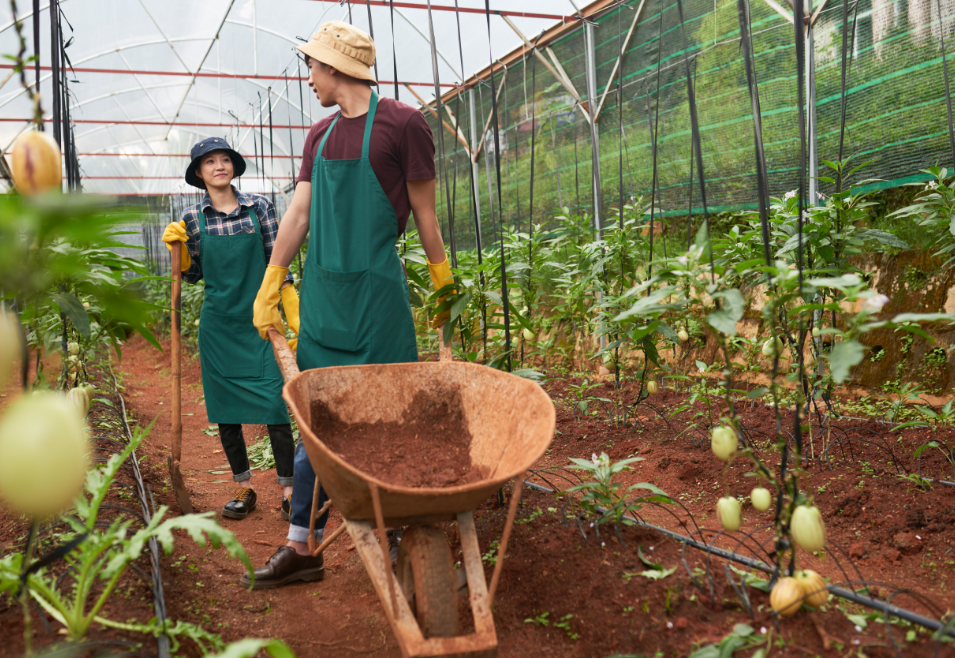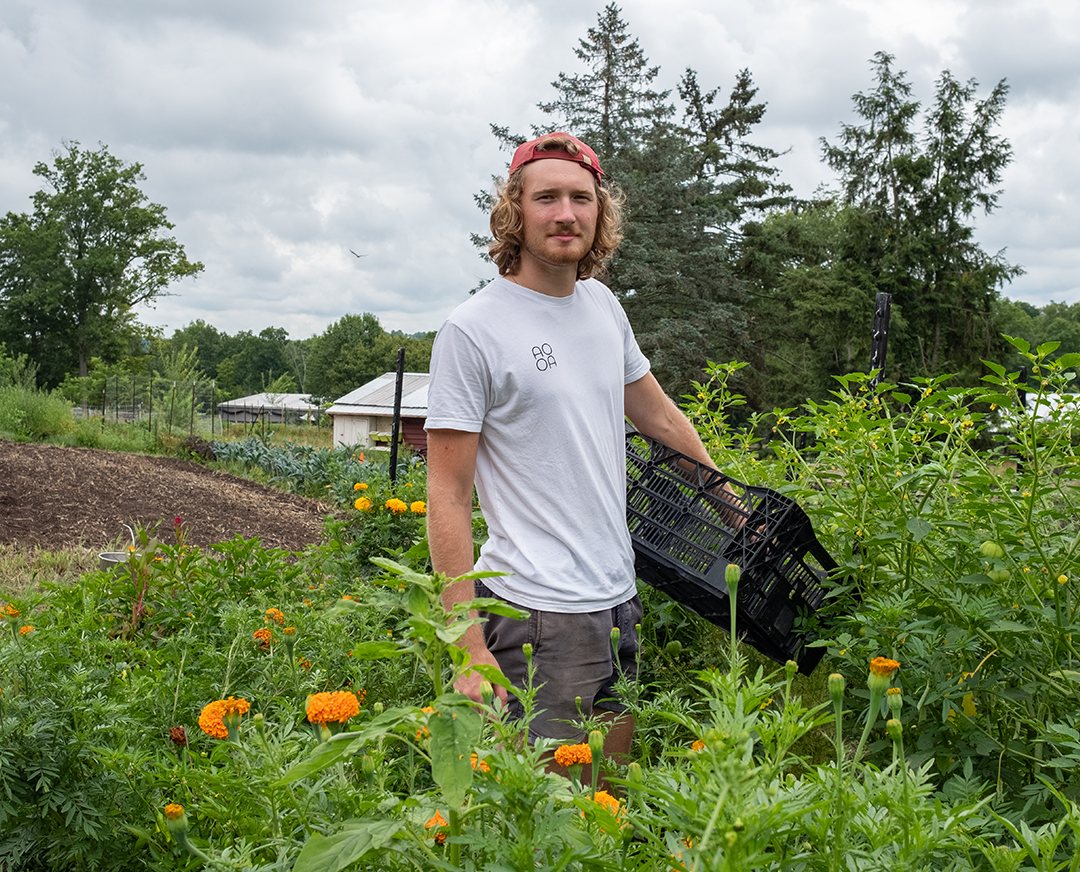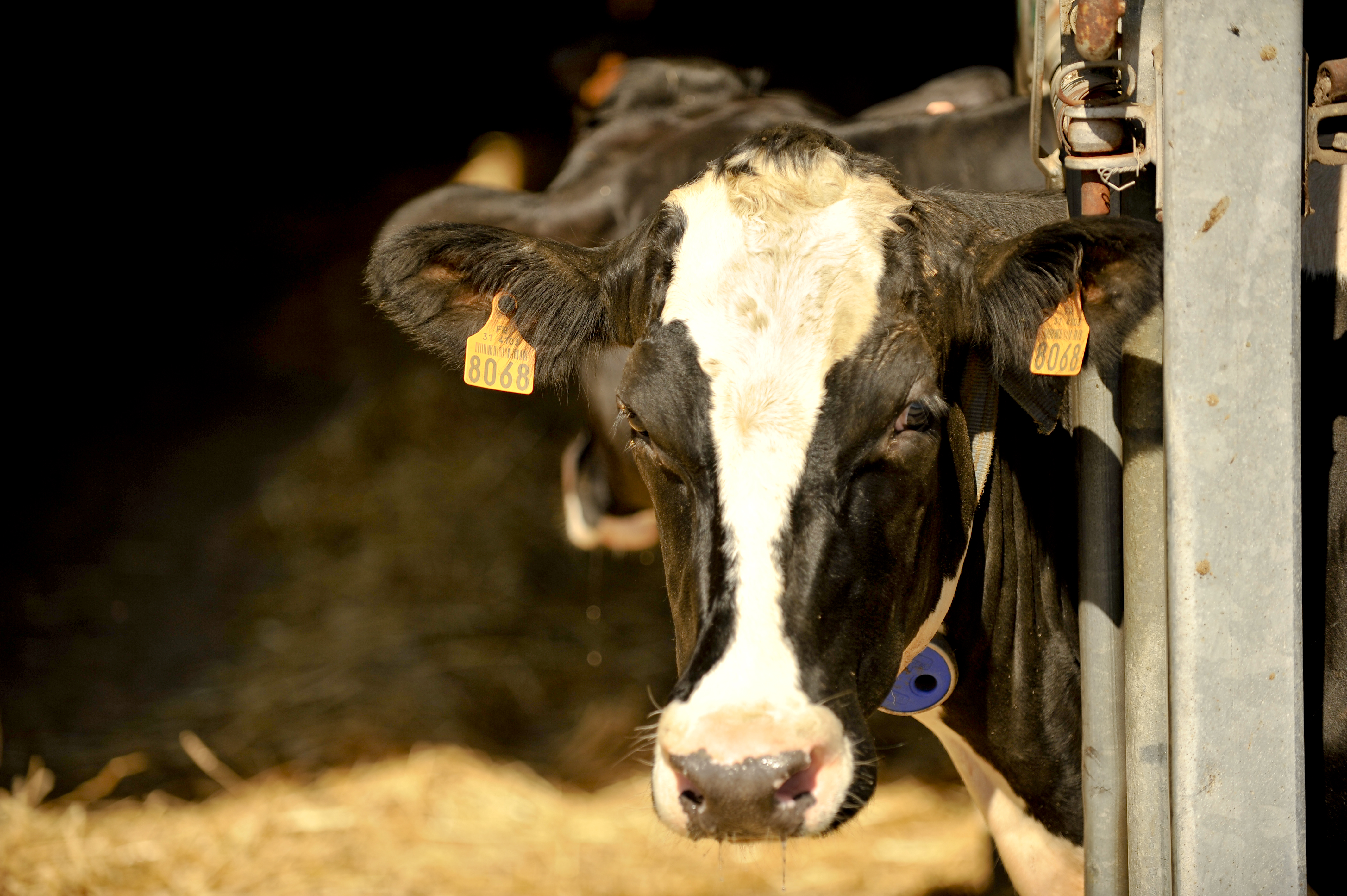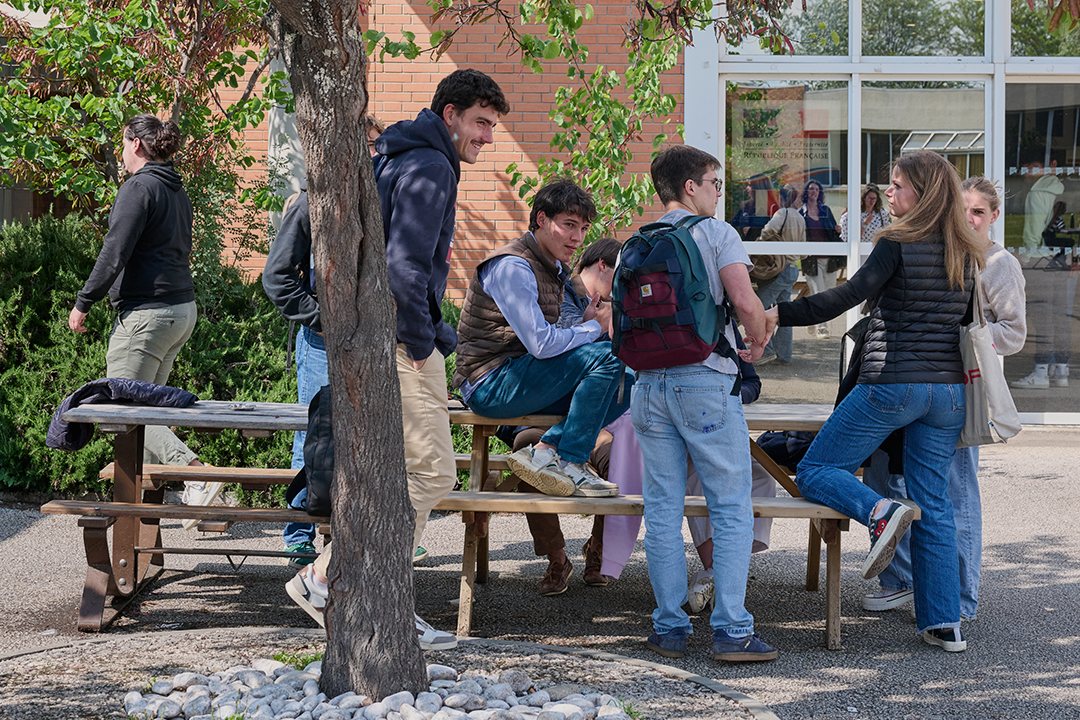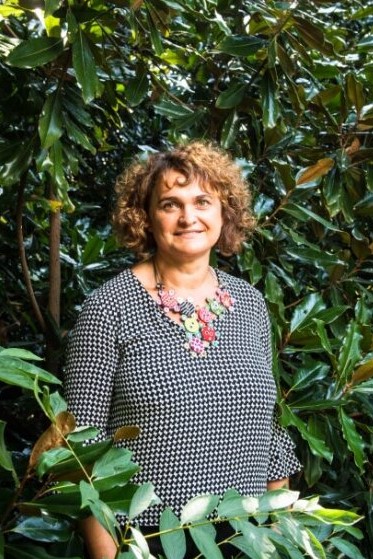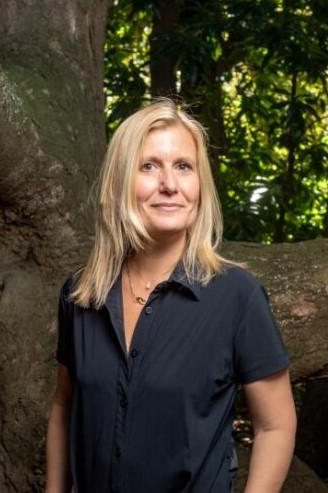A year of specialization as an apprentice
Prerequisites
The third year of the Agro-Bachelor program is open to students with BTS (Advanced Technician Certificate), BUT (Bachelor of Technical Studies) or equivalent qualifications who want to work in agriculture, agri-food and the environment.
Final admission is granted once the apprenticeship contract ensuring completion of the training program has been signed.
Educational framework:
• Class of 30 apprentices
• 595 hours of academic education
• 35 weeks at the company, 17 weeks at school
• Classes are taught on the École d’ingénieurs de PURPAN campus and the Bernussou campus (for one of the specializations)
Double tutoring
Throughout their training, apprentices benefit from double tutoring:
• at the company, by the apprenticeship supervisor
• at École d’ingénieurs de PURPAN, by a dedicated research professor
The two tutors work together to define the training activities, which are individually tailored to the company and the apprentice’s career plan. A tripartite learning agreement is signed. Each tutor guides the apprentice through their training at the company or at the school.
To ensure apprentices make steady, optimum progress throughout their training, contact periods effectively link in-company periods with time spent at PURPAN.
During their contract, apprentices receive the same salary as for apprenticeship contracts.
The OPCO (Government approved vocational training organizations) and the companies cover training costs.
